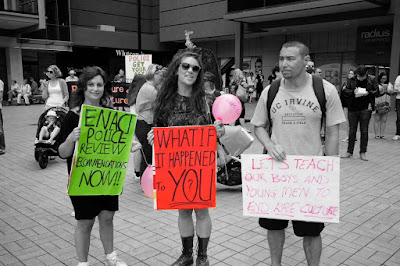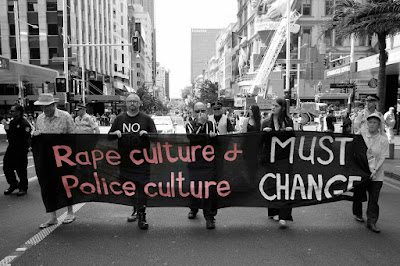"Now, Katniss, you have been our mission from the beginning. The plan was always to get you out. Half the tributes were in on it. This is the revolution, and you are the mockingjay.” Which is what The Hunger Games: Catching Fire has in store for us. This science fiction adventure film based on Suzanne Collins's novel, Catching Fire, the second installment in The Hunger Games trilogy. The film is the sequel to The Hunger Games (2012). The film was directed by Francis Lawrence, and was adapted by Simon Beaufoy and Michael Arndt (credited as Michael deBruyn). The film continues the story of Katniss Everdeen and Peeta Mellark from the post-apocalyptic nation of Panem, who become targets of the Capitol after their victory in the 74th Hunger Games sparks a rebellion in the Districts of Panem. And they are forced to return to the arena in a special edition of the Hunger Games.
Months prior to the first film's release, Lionsgate greenlit the second film and Gary Ross, director of the first film, was expected to return as director. However, on April 10, 2012, he announced his departure from the project due to the tight and fixed production and on May 3, Francis Lawrence (I am Legend (2007)) was hired as the film's director. Throughout July and September 2012, the film's supporting cast was filled out, with Philip Seymour Hoffman, Jeffrey Wright, Sam Claflin, Lynn Cohen, Jena Malone, Amanda Plummer, Alan Ritchson, and Meta Golding brought in to portray key roles. Filming began September 10, 2012 in and around metropolitan Atlanta, Georgia before moving to Hawaii.
Jennifer Lawrence returns as Katniss Everdeen along with Josh Hutcherson, Liam Hemsworth, Woody Harrelson, Elizabeth Banks, Lenny Kravitz, Stanley Tucci, Donald Sutherland and Toby Jones also reprising their roles. With Philip Seymour Hoffman as Plutarch Heavensbee, Jeffrey Wright as Beetee Latier, Sam Claflin as Finnick Odair, Lynn Cohen as Mags, Jena Malone as Johanna Mason, Amanda Plummer as Wiress, Alan Ritchson as Enobaria, and Meta Golding as Enobaria. The performances in this film were all magnificent. Especially to Lawrence who commits to Katniss just as much as she would a complex David O. Russell character. She was both on fire and in the process of becoming, and it’s magnificent to watch. Katniss is a character worth a handful of sequels. And Lawrence lights up the screen. You'll follow her anywhere. The same applies to the performances of Hutcherson, Hemsworth, Harrelson, Banks, Kravitz, Tucci, Sutherland, Jones, Hoffman, Wright, Claflin, Cohen, Malone, Plummer, Ritchson and Golding. Not only that, they were also visually intriguing.
Dark, thrilling, and occasionally quite funny, The Hunger Games: Catching Fire is also visually stunning and emotionally satisfying. The film is a tour-de-force that combines style and substance, special effects and heart and most importantly great performances from all of the actors young and not-so-young. To conclude, not only is the film masterful and emotional, it is a worthy addition in the series.
Simon says The Hunger Games: Catching Fire receives:
Also, see review for The Hunger Games.








































.png)



.png)





